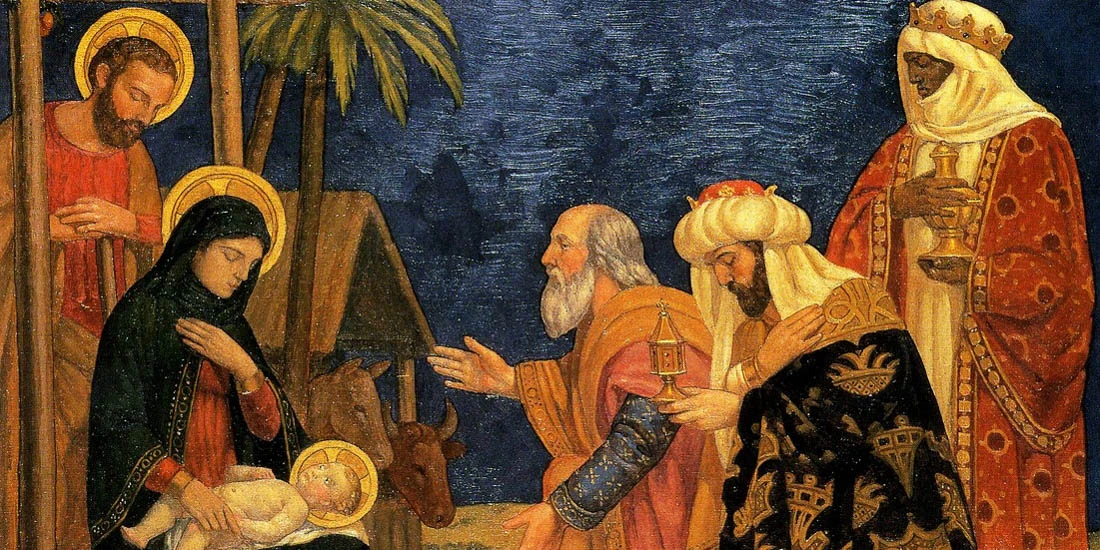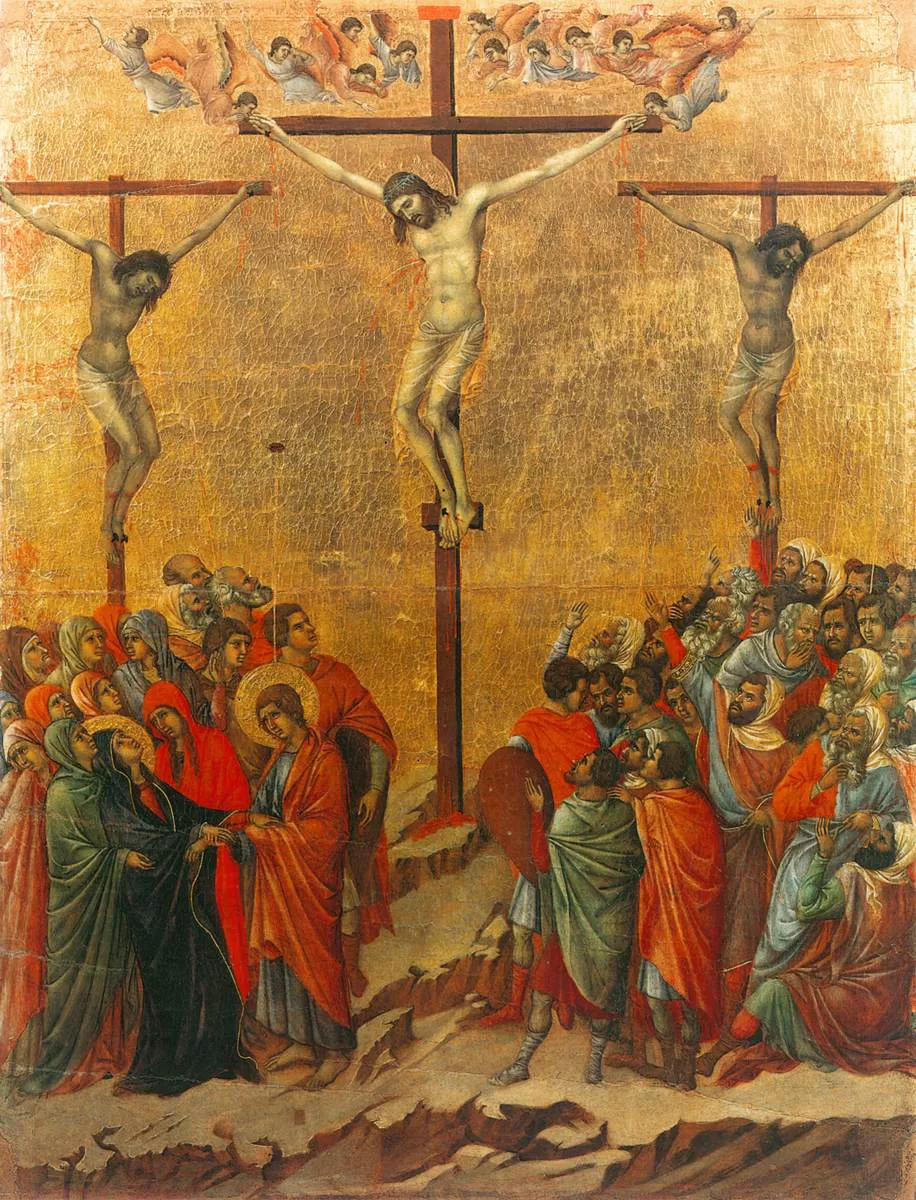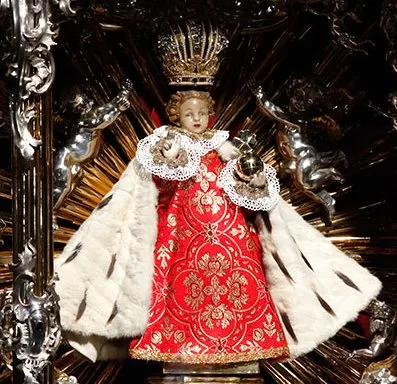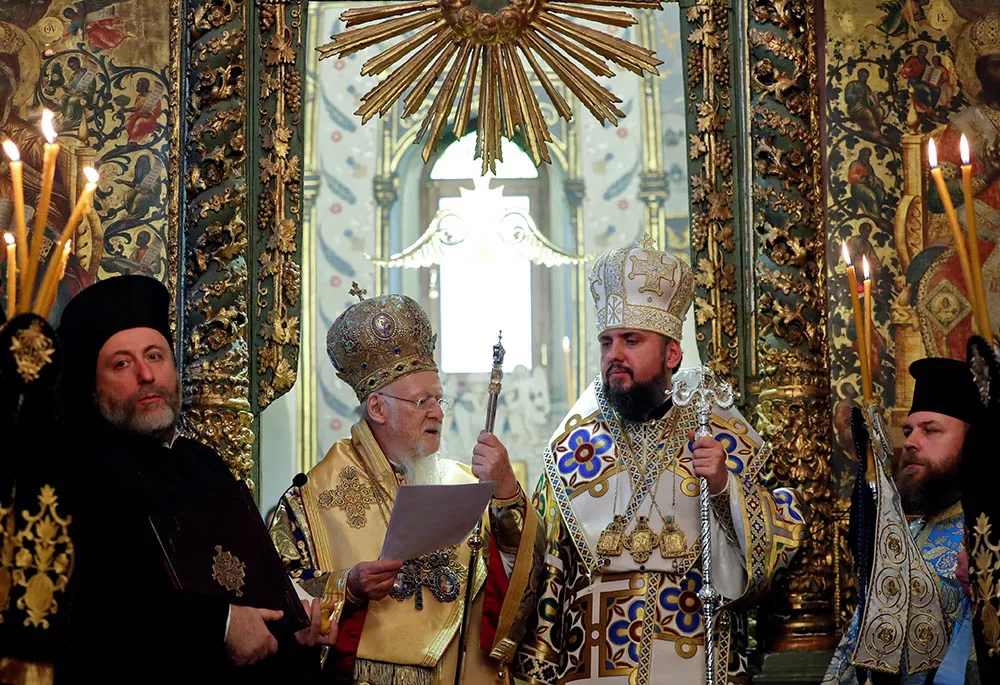
Tag: catholic blog
-

A Prayer for Daily Neglects
Read More: A Prayer for Daily NeglectsEternal Father, I offer Thee the Sacred Heart of Jesus, with all its love, all its sufferings and all its merits. First, to expiate all the sins I have committed this day and during all my life. Glory be. . . Second, to purify the good I have done poorly this day and during all…
-

Powerful Prayer to the Holy Magi (to be said with faith three times. For spiritual and financial intercession.)
Read More: Powerful Prayer to the Holy Magi (to be said with faith three times. For spiritual and financial intercession.)O Almighty God, we raise our voices to You, that You may hear and have pity on us. You can assist us in a wonderful manner. God of sanctity, God of strength, immortal God, have pity on us. We implore You through the merits of Jesus Christ, through the intercession of the Blessed Virgin, Saint…
-

Holy Name Prayer from ‘the Rural Life Prayerbook’
Read More: Holy Name Prayer from ‘the Rural Life Prayerbook’LORD JESUS, we humbly pray You to give us all a great reverence and respect for Your most holy name. Forgive us for ever having used the name of Jesus in vain, or without due respect. Help us remember how reverently and lovingly Your Mother Mary used the name of Jesus, and how humbly Saint…
-

Lovely Lady Dressed in Blue
Read More: Lovely Lady Dressed in BlueLovely Lady dressed in blue-Teach me how to pray!God was just your little boy,Tell me what to say! Did you lift Him up, sometimes,Gently on your knee?Did you sing to Him the wayMother does to me? Did you hold His hand at night?Did you ever tryTelling stories of the world?O! And did He cry? Do…
-

Marian Apparitions of the 20th Century
Read More: Marian Apparitions of the 20th CenturyNarrated by Ricardo Montalban, Marian Apparitions of the 20th Century is a documentary about 11 Marian apparitions, some continuing today – Fatima, Beaurang, Banneux, Garabandal, Zeitun, Akita, Betania, Medjugorje, Kibeho, Naju and Ukraine https://www.youtube.com/watch?v=IafhGTVOhvI&t=92s
Search
Popular Posts
-
🙏 A New Chapter Begins: Supporting Pope Leo XIV with Prayer and Hope | W/ Daniel O’Connor
“Give the new pope a break and support him with your prayers.”–…
-
Possible Candidates for The Next Pope!
Some Candidates for the New Papacy Today we will share with you…
Categories
Archives
Tags
#Miracles (102) 2023 (4) 2024 (4) approved miracles (2) catholic (141) catholic blog (375) catholic meditations (7) catholic miracles (371) catholic motivation (2) catholic news (371) catholic prayers (4) CatholicSeers (359) catholic vlog (375) catholic websites (6) Eucharistic miracle (2) fr jim blount (3) GisellaCardia (11) hamas (3) imitation of christ (2) Israel (4) israel live (5) Israel news (9) jesus (3) jesus christ (4) Latest messages (11) lent 2023 (10) lent 2024 (4) lent homily (2) lent retreat (4) lent retreat 2023 (3) Lourdes (2) messages from god (6) MessagesFromHeaven (364) miracles of catholic church (2) mother and refuge (2) ourlady (325) OurLadyApparitions (22) our lady of lourdes (2) Pope (2) POPE francis (3) pope francis news (2) prayers (3) real miracles (356) sacred heart of jesus (2) The Miracles of Lourdes (2)









